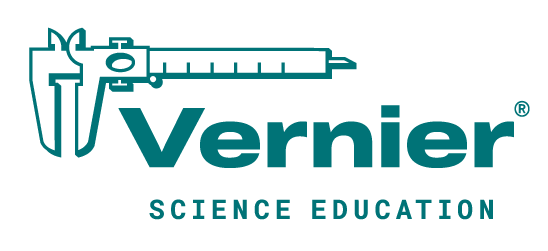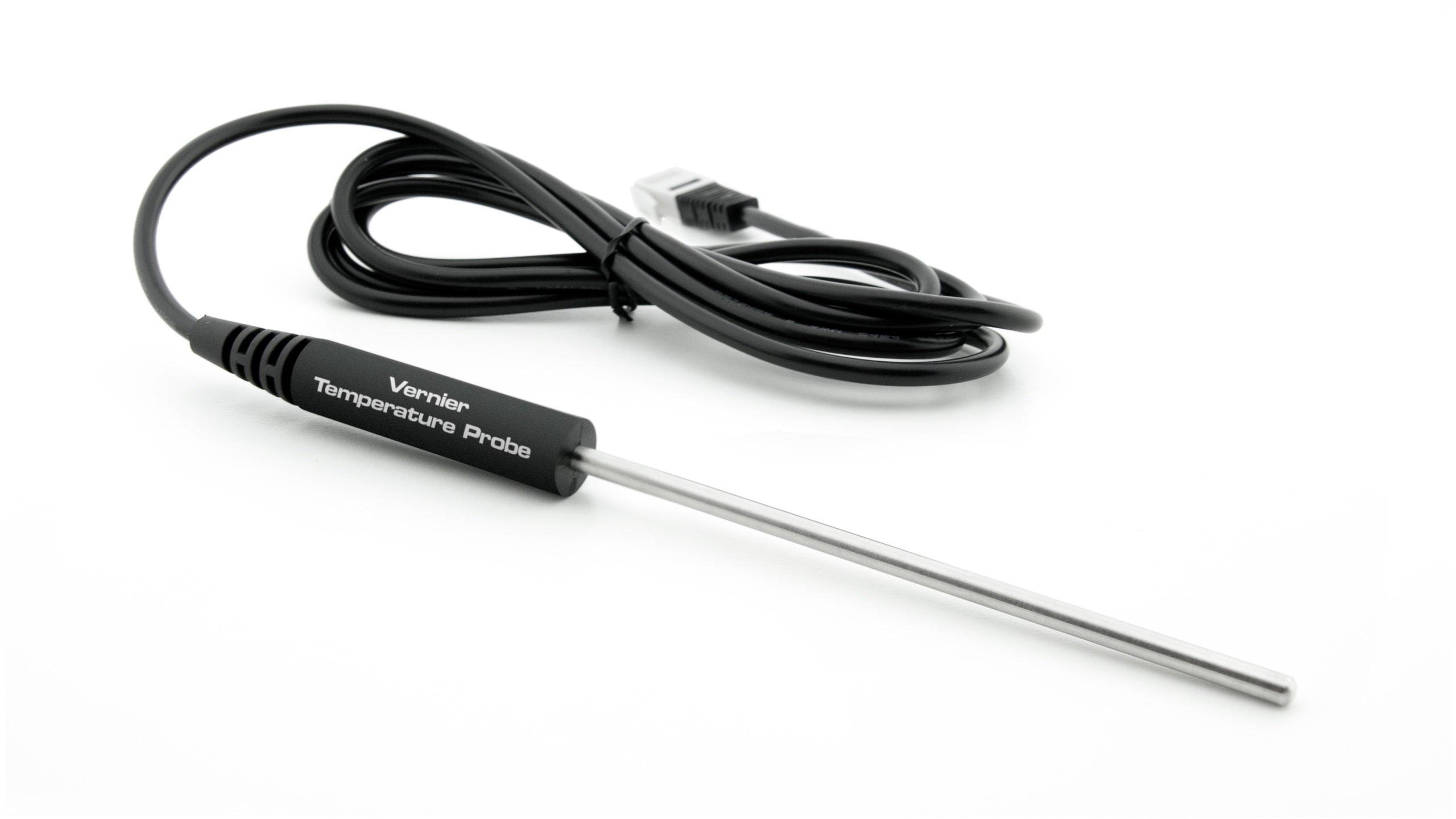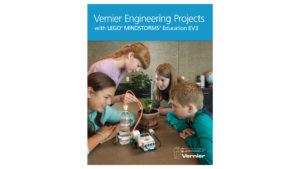Aquarium Monitor
Experiment #5 from Vernier Engineering Projects with LEGO® MINDSTORMS® Education EV3
- Subject
- Engineering Outreach
Introduction
Goldfish are some of the most popular pets, third only to cats and dogs. They live in large tanks of water called aquariums. Unlike humans, goldfish can “breathe” under water. Their respiratory systems have gills, which are thin feathery sheets of tissue that contain blood vessels capable of extracting dissolved oxygen from water.
To keep goldfish healthy, the water quality in their aquariums must be continuously monitored. Water temperature and pH are two important properties to check. Temperature is important because even though goldfish are considered cold-water fish, sudden changes in temperature can shock or kill them. pH is a measure of water’s acidity or alkalinity. Water that is neutral has a pH of about 7. Solutions with a pH higher than 7 are considered basic or alkaline and solutions with a pH of less than 7 are said to be acidic. Water that is too alkaline or too acidic can be damaging to a fish’s skin and gills.
Objectives
Your challenge is to design and build a device that mounts on the side of an aquarium and continuously monitors the temperature and pH of the water. You will incorporate two sensors for making measurements: a Vernier Stainless Steel Temperature Probe and a Vernier pH Sensor.
Your device should periodically take sensor readings and provide an alert if either of the values falls outside of a safe range. It should be clear which sensor reading is out of the safe limits. The water in the aquarium will be considered “safe” if the temperature is between 20ºC and 23ºC (68ºF and 75ºF) and the pH is between pH 6 and 8.
Design and build your device in such a way that all electrical connections remain dry.
Sensors and Equipment
This experiment features the following sensors and equipment. Additional equipment may be required.
Ready to Experiment?
Ask an Expert
Get answers to your questions about how to teach this experiment with our support team.
- Call toll-free: 888-837-6437
- Chat with Us
- Email support@vernier.com
Purchase the Lab Book
This experiment is #5 of Vernier Engineering Projects with LEGO® MINDSTORMS® Education EV3. The experiment in the book includes student instructions as well as instructor information for set up, helpful hints, and sample graphs and data.



